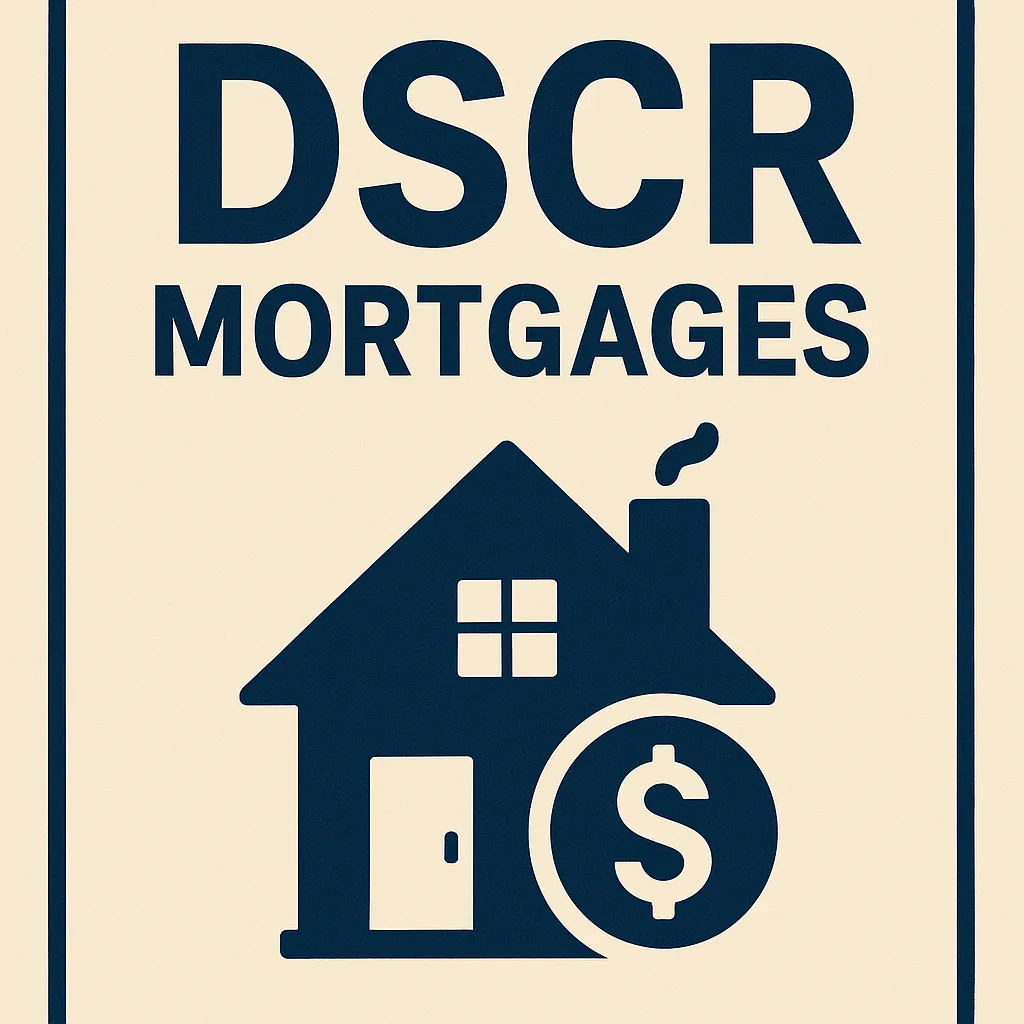
The Investment Property Cash-Out Refinance Appraisal Process: Fastest Timelines with Competitive Lenders
The Investment Property Cash-Out Refinance Appraisal Process: Fastest Timelines with Competitive Lenders
This post is for you if you're ready to pull cash out of your investment property, and pricing matters more than speed. This article highlights the appraisal process for the most competitive lenders, which often becomes the biggest bottleneck in cash-out refinances. Savvy investors who understand the process can work with competitive lenders to close deals in as little as 25 days.
Here's your complete roadmap to navigating the investment property cash-out refinance appraisal process with the fastest lenders in the business.
The Complete 25-Day Timeline Breakdown
Days 1-2: Application & Preparation Phase
Your cash-out refinance journey begins with a comprehensive application and accompanying documents. Submit your loan application along with entity documentation, bank statements, lease agreements, mortgage statements, payoff statements.
Pro Tip: Clarify your intended cash-out amount and use of funds upfront. Be specific – whether you're buying another property, renovating, or consolidating debt, clarity speeds up approval.

Days 2-5: Initial Underwriting Review
While you're gathering documents, your lender reviews your credit profile, property documentation, and ownership structure.
Expect requests for missing documentation during this phase. The faster you respond with items like updated lease agreements, security deposit records, or payoff letters, homeowners insurance contacts, title or settlement company contacts, the smoother your timeline stays on track.
Days 5-12: The Appraisal
The appraisal gets ordered and scheduled typically after the first week of initial processing and underwriting, with most appraisal inspections occurring within 7 days of ordering. The appraisal report then can take anywhere from 1-5 days to complete, and receipt and review of an appraisal is 1-2 days.
Full Appraisal Process: An independent appraiser will inspect both interior and exterior of your property, photographing key features, measuring rooms, and noting any improvements or necessary repairs. This physical inspection usually takes 20 minutes to two hours depending on the property size.
Market Analysis: Following the site visit, your appraiser analyzes comparable sales data from the last 6 months, adjusting for differences in square footage, condition, and amenities. The final report gets delivered to your lender within 1-5 business days of the inspection.
Investment Property Considerations: Appraisers evaluate rental properties differently than owner-occupied homes. They'll consider rental income potential, neighborhood rental demand, recent sales of similar investment properties, and comparable rental listings. Unlike in commercial real estate, cash flow and rent rolls do not impact valuations, instead, they just project the rental income for the property.

Days 13-15: Secondary Valuation Requirements
Here's where many borrowers get surprised. Competitive lenders, lenders with the best pricing, increasingly require a second valuation for investment properties as a risk mitigation measure. This typically involves either a desktop appraisal (completed remotely using public records and MLS data) or an exterior-only drive-by inspection.
Why Secondary Valuations?: Investment properties carry higher risk profiles than primary residences. A second opinion helps lenders confirm value accuracy, especially in volatile markets or for higher loan amounts.
Cost Considerations: You'll pay for both appraisals as they are ordered. The first, full appraisal ranges from $675-$1500 each depending on property type and location. The secondary valuation typically costs from $150-$400. Keep your payment receipts – lenders will request proof of payment. You can expect both appraisals to cost anywhere from $800-$2000 total.
Days 16-18: Final Underwriting & Terms Review
With both appraisals complete, the underwriting team conducts their final review. The main focus is to verify the property income and expenses, underwrite the entity structure, and ensure borrower experience aligns with the loan application.
This is when your final rate and terms get locked in. Competitive lenders typically offer investor rates 0.5-1.0% higher than owner-occupied properties, but investment-focused lenders do provide more attractive terms than traditional lenders because they are focused on repeat business.
DSCR Considerations: If you're using a Debt Service Coverage Ratio (DSCR) loan, underwriters focus on the property's cash flow rather than your personal income. Monthly rental income should exceed mortgage payments by at least 25% for most competitive programs.

Days 19-21: Conditional Approval & Closing Preparation
Once you receive conditional approval, the closing countdown begins. The lender prepare closing documents for the title company while your lender and title company work together to balance funding.
Documentation Review: You'll receive a term sheet detailing your final loan terms, cash-out amount, and closing costs. Review this carefully – competitive lenders often provide lower fees than traditional banks.
The difference between a competitive lender and a traditional lender is the lack of origination fees and junk fees, which include discount points, processing fees, underwriting fees, or commitment fees. Take not that most competitive lenders will require a couple of payments upfront at closing.
Days 22-25: Closing Day and Fund Disbursement
Closing day typically involves either in-person document signing or e-signature completion, depending on your state's requirements and lender capabilities. Another consideration for closing is whether your title or settlement company can accomodate the closing electronically or in person.
Cash-Out Timing: Your cash-out funds are typically wired within 24-48 hours after closing completion. Most lenders can provide same-day funding.
Payoff Processing: Your old mortgage gets paid off according to the closing statement, with any remaining escrow funds returned separately within 30 days.
Post-Closing Considerations (Days 26+)
Your new loan typically requires collection of the first three monthly payments regardless of your financial situation at closing - this is standard across most lenders. Additionally, you will set up automatic payments as part of the closing package.

How Competitive Lenders Accelerate the Process
The fastest investment property lenders distinguish themselves through several key advantages:
Asset-Based Underwriting: Instead of extensive income verification, they focus on property cash flow and value, reducing documentation requirements and processing time.
Technology Integration: Digital application processes, automated underwriting systems, and e-signature capabilities eliminate days from traditional timelines. However, more competitive lenders might have slower or manual systems which reduces the costs of their loans.
Specialized Teams: Investment-focused departments understand rental property nuances, preventing delays from unfamiliar underwriters asking irrelevant questions.
Appraisal Management: Established relationships with investment property appraisers who understand rental markets and can complete reports faster.
Potential Timeline Delays to Avoid
Even with competitive lenders, certain factors can extend your closing timeline:
Incomplete Documentation: Missing lease agreements, outdated payoff letters, or unclear entity ownership can add 3-7 days to processing.
Appraisal Challenges: Properties in rural areas, unique property types, or markets with limited comparable sales may require additional research time.
Title Issues: Outstanding liens, unclear ownership history, or required legal documentation can delay closing by 1-2 weeks.
Market Conditions: High application volumes during refinance booms can extend timelines industry-wide.
Maximizing Your Cash-Out Potential
Investment properties typically allow cash-out refinancing up to 75% of appraised value. With competitive lenders, this often translates to significant capital extraction for your next deal.
Example: On a $400,000 investment property with a $200,000 existing mortgage, you could potentially access up to $100,000 in cash-out proceeds ($400,000 × 75% = $300,000 new loan - $200,000 payoff = $100,000 cash).
The Unbeatable Advantage
At Unbeatable Loans, we specialize in fast-tracking investment property cash-out refinances without sacrificing competitive rates or terms. Our streamlined process, combined with deep relationships in the investment lending space, consistently delivers closings within the 25 day window.
Ready to unlock your property's equity for your next investment opportunity? Contact Unbeatable Loans today to see how much cash you can access and how quickly we can close your deal.
Unbeatable Loans – You found the home. You just need an Unbeatable loan.
